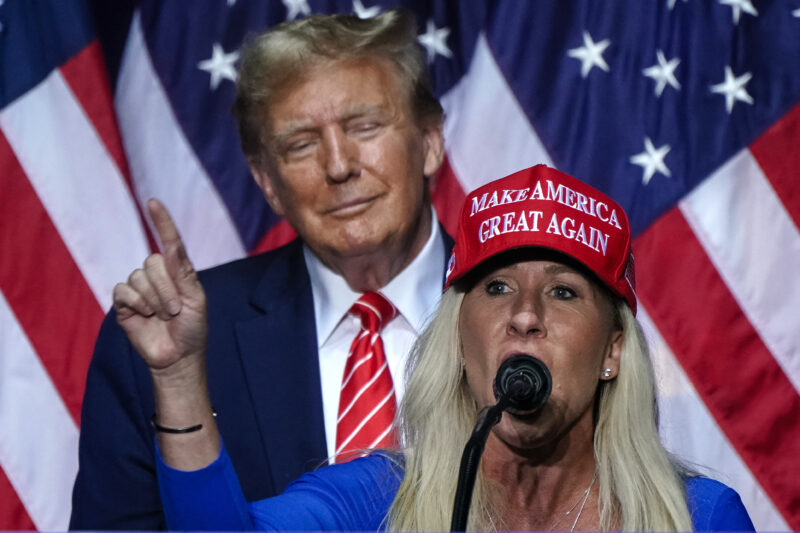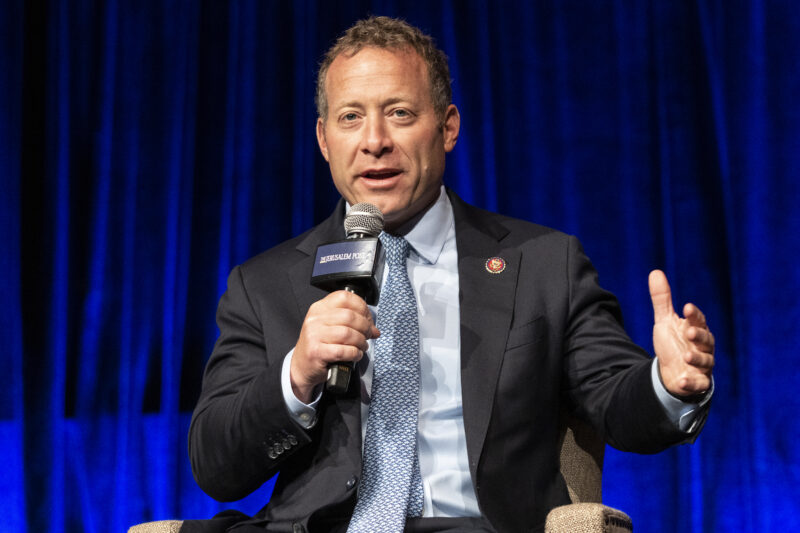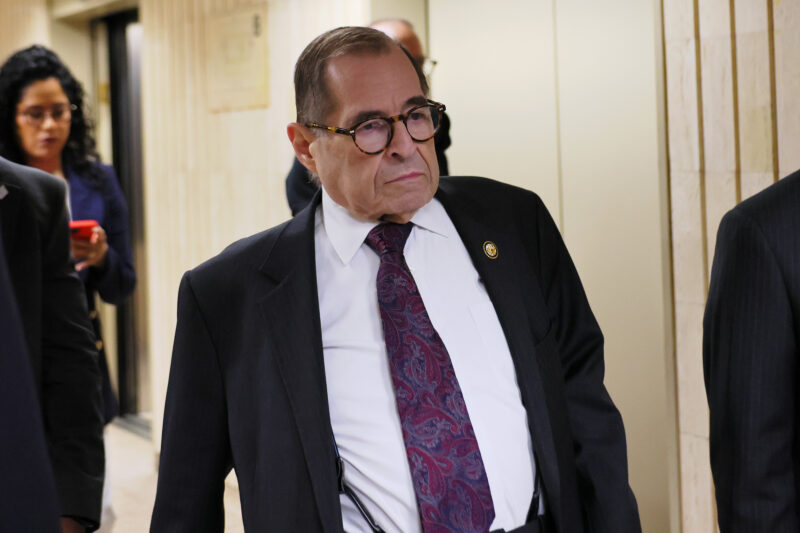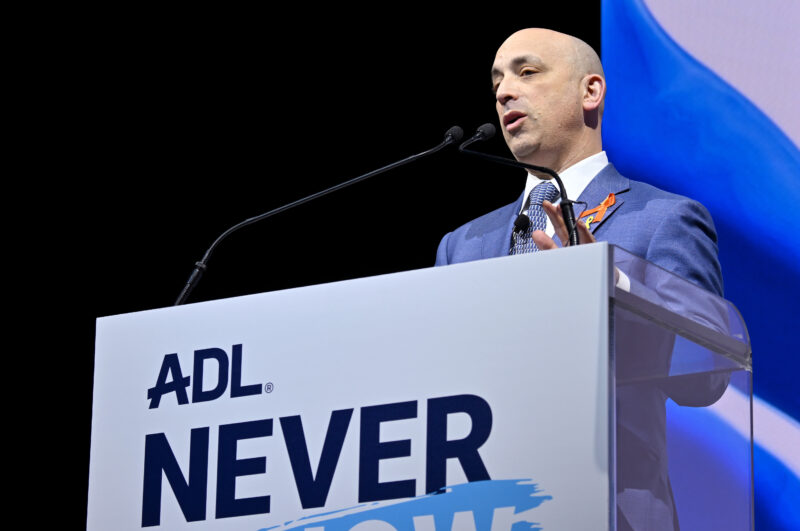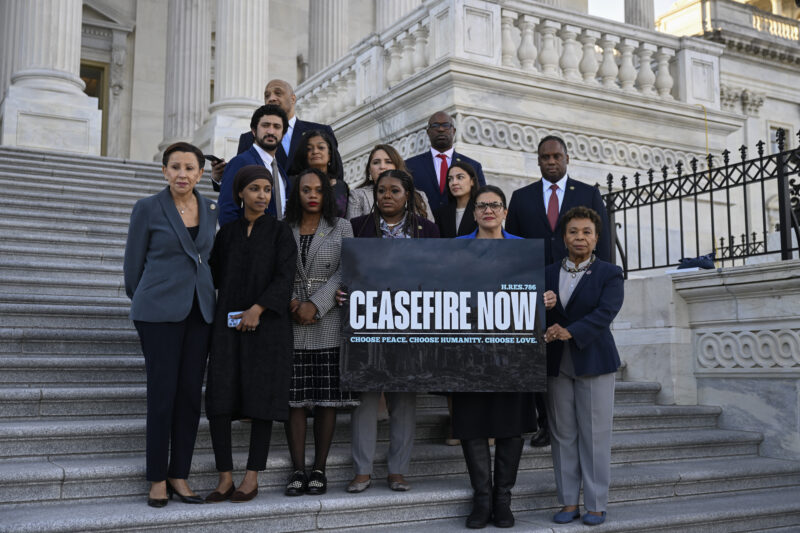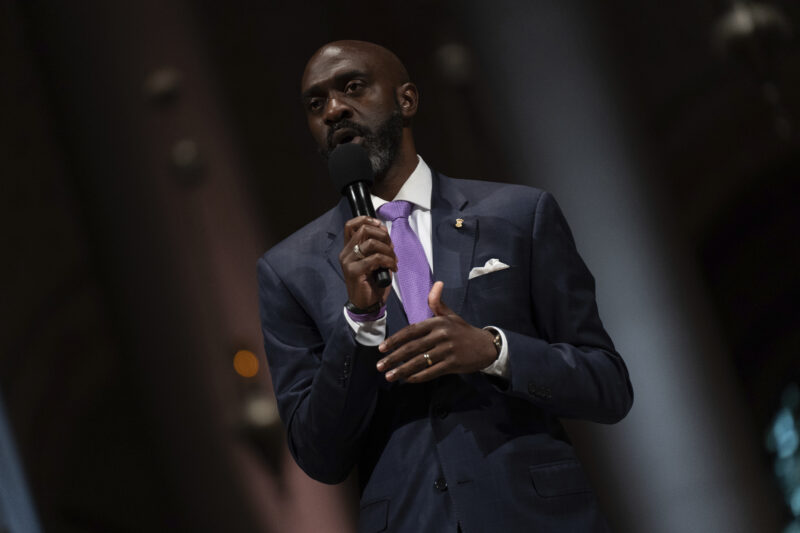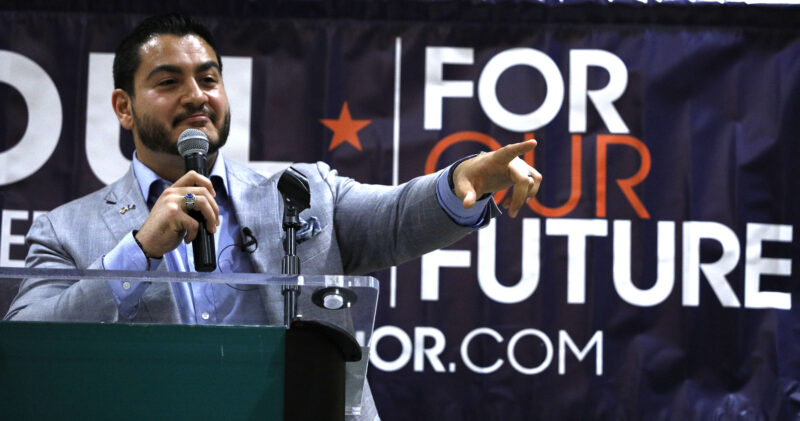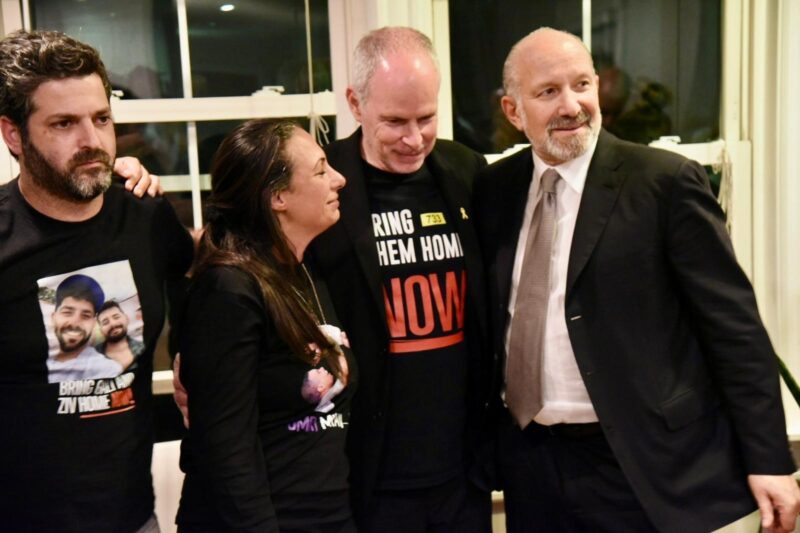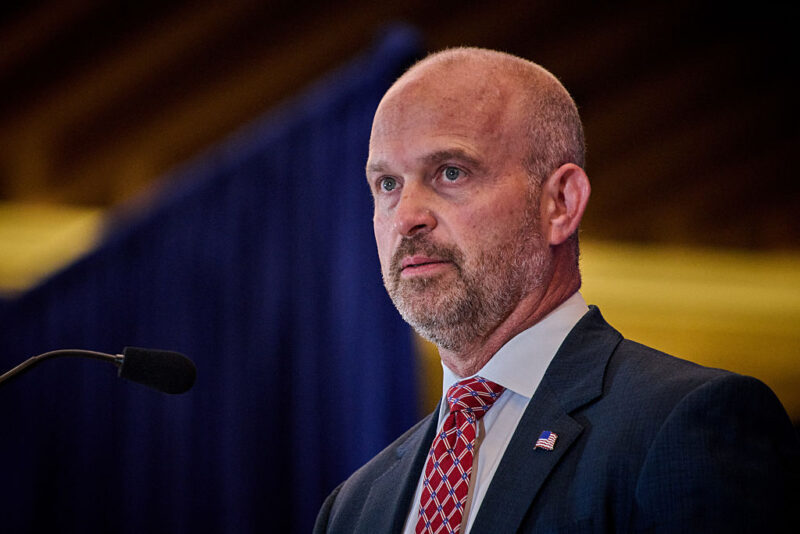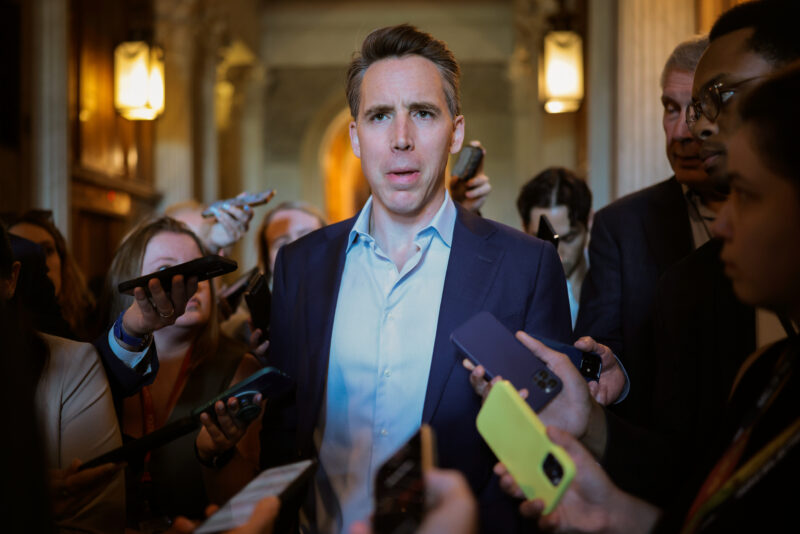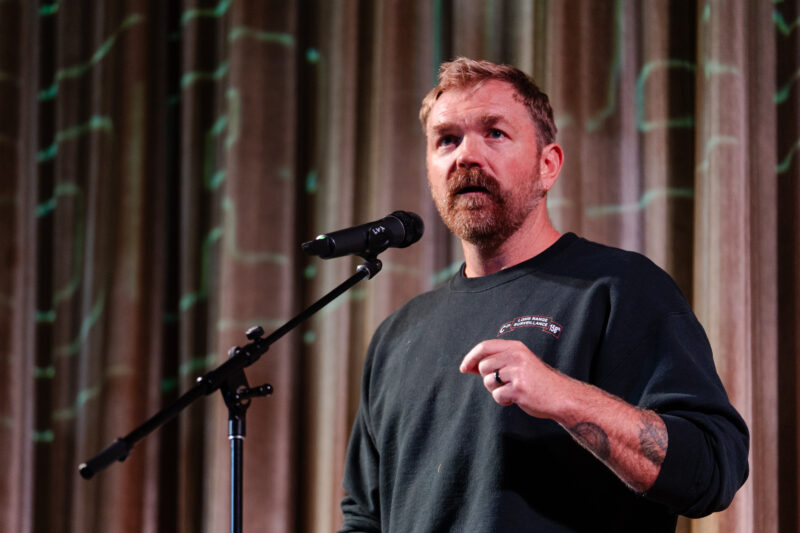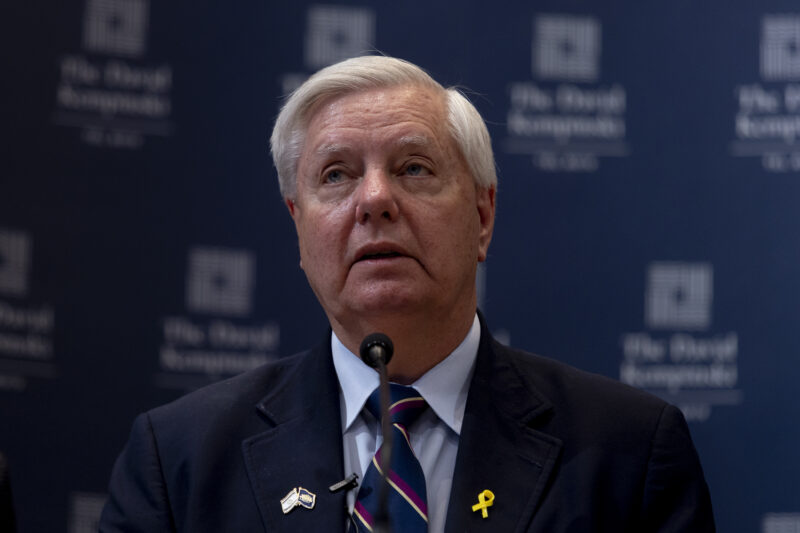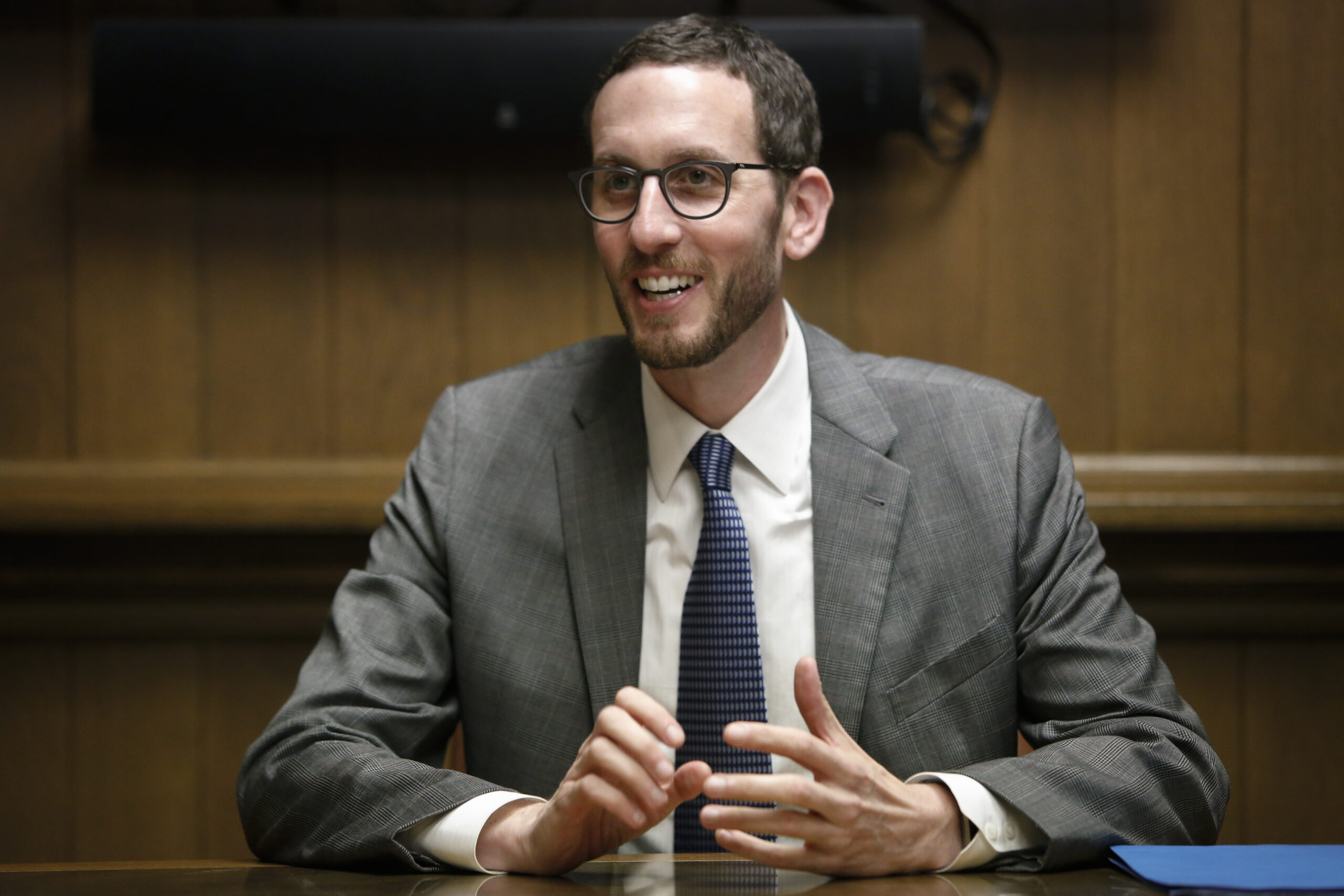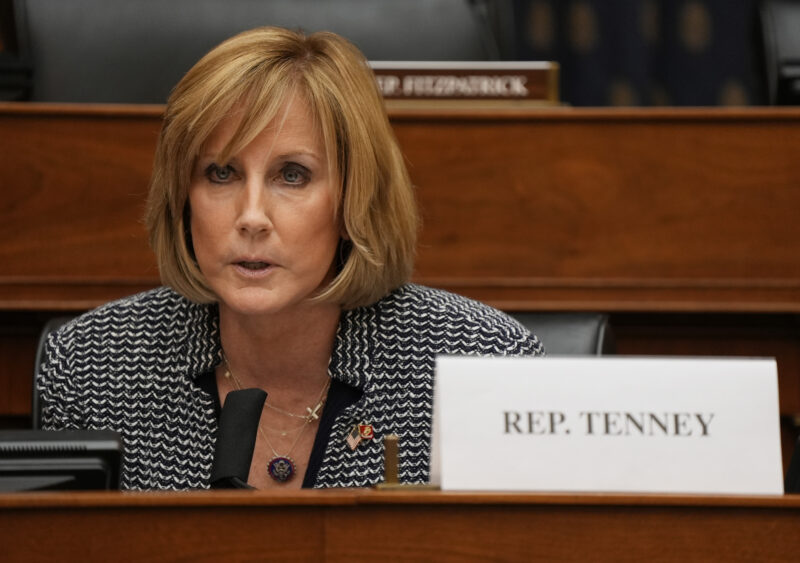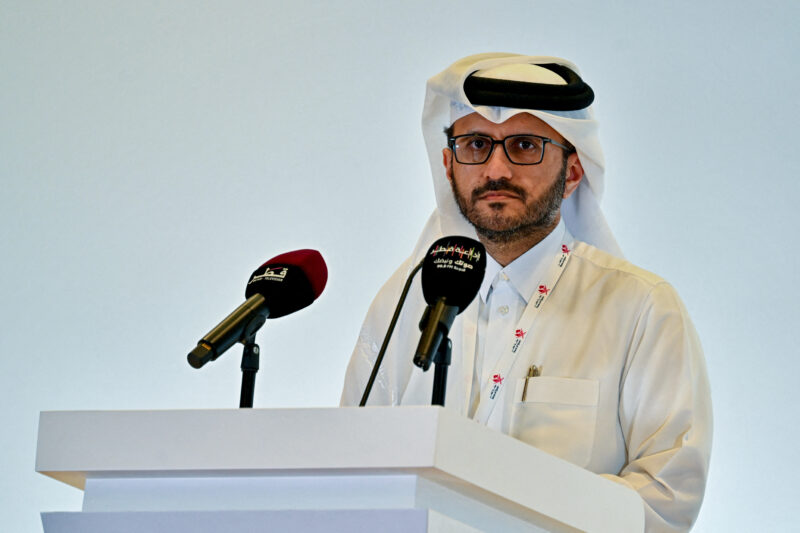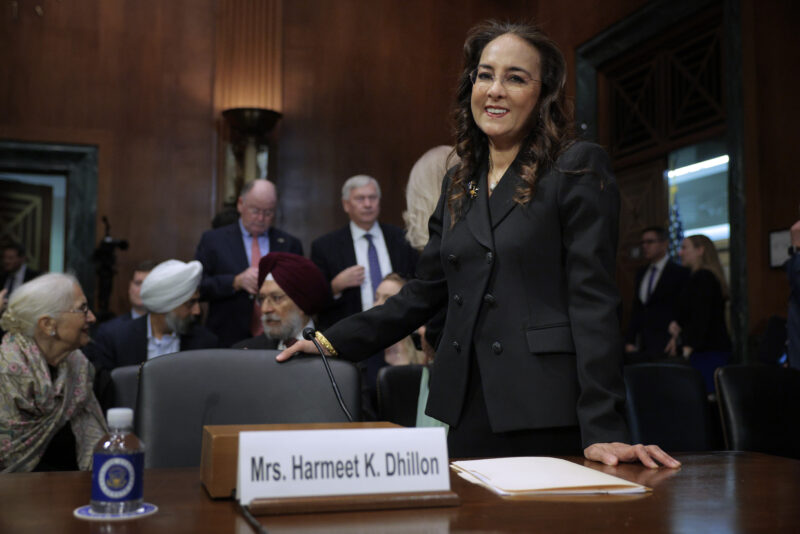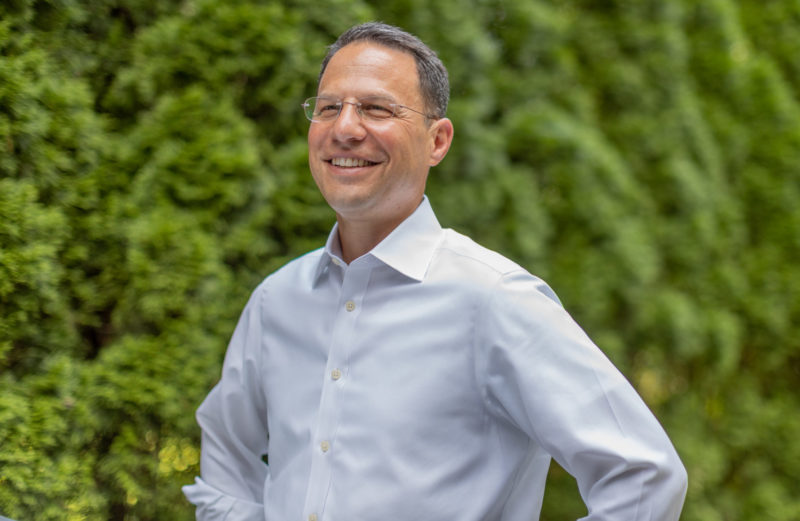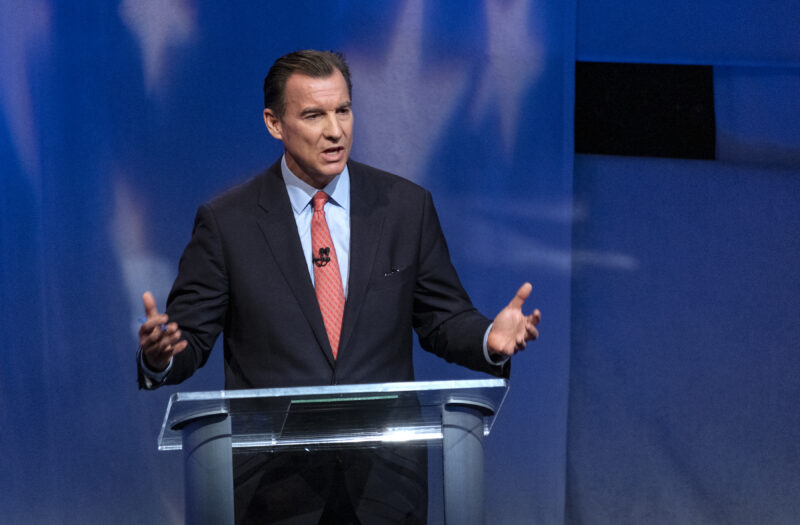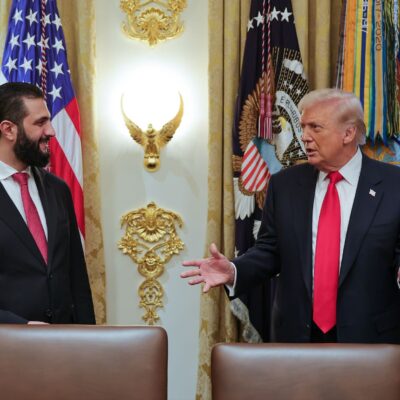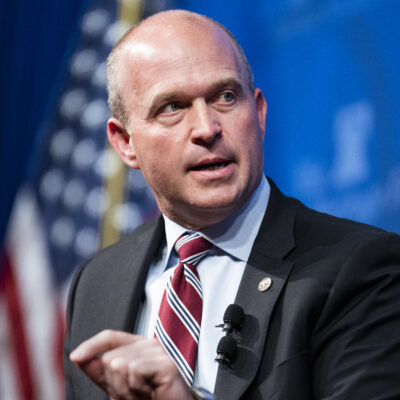
Daily Kickoff: Ben Smith joins JI’s podcast + Tamara Wittes clarifies Abraham Accords stance
👋 Good Friday morning!
For less-distracted reading over the weekend, browse this week’s edition of The Weekly Print, a curated print-friendly PDF featuring a selection of recent JI stories, including: Ambassador Tom Nides’ shiva chronicles; Meet Aviva Aron-Dine, the White House’s newest econ wonk; The mad rush to replace Bobby Rush; The view from Washington on the one-year anniversary of Israel’s groundbreaking government; One year on, Bennett’s government hangs on by a thread; Blinken, Lapid highlight regional reconciliation, Iran and Ukraine; Alessandra Biaggi distances herself from AOC on Israel; To crack Emirati market, CEOs line up for ‘speed-dating’ with Israel’s ambassador in Abu Dhabi; and From Tel Aviv to Athens: Meet the Israeli hotelier taking a gamble on Greek tourism. Print the latest edition here.
Doron Almog, a former IDF general and a disability rights activist, was unanimously selected as the next chairman of The Jewish Agency for Israel, following a drawn-out process that saw the organization’s selection committee fail to choose a candidate that could rally the requisite nine of 10 votes. eJewishPhilanthropy’s Ben Sales spoke to Almog on Thursday shortly after the announcement. Read the full interview below.
The National Defense Authorization Act draft finalized by the Senate Armed Services Committee yesterday includes the Abraham Accords Caucus’ DEFEND Act, which orders the secretary of defense to explore creating an integrated Middle East air- and missile-defense infrastructure that includes Israel and numerous Arab states. Senate Armed Services proposed an overall $45 billion boost to the NDAA’s topline over what President Joe Biden requested.
Sen. Ben Cardin (D-MD) said during an AIPAC virtual event yesterday that the U.N.’s Commission of Inquiry investigating Israel is “clearly an effort to talk about the legitimacy of the State of Israel” and “prevent direct negotiations between Israel and the Palestinians,” adding, “I’m much more positive about Israel’s relations with its neighbors than I have [been] in many decades.”
The third public hearing by the House committee investigating the Jan. 6, 2021, attack on the Capitol emphasized former Vice President Mike Pence’s role in rejecting consistent pressure from former President Donald Trump and his allies to overturn the election results, a move that witnesses said would have been clearly illegal and unconstitutional.
Witnesses said Trump and his top advisors were told their plans were unlawful but pursued them anyway. Trump aides also acknowledged before the riot that their plans would likely not hold up in court and could plunge the country into chaos.
Retired federal Judge J. Michael Luttig testified that Trump and his allies remain “a clear and present danger” to the U.S., because Trump-aligned Republicans “would attempt to overturn that 2024 election in the same way that they attempted to overturn the 2020 election” should they lose, and are publicly and actively positioning themselves to do so.
Ivanka Trump and a former top aide testified in committee depositions that the former president engaged in a heated argument with Pence on the morning of Jan. 6, pressure that allegedly continued after the riot.
One Proud Boys informant told the FBI that the group would have killed Pence and House Speaker Nancy Pelosi (D-CA) if given the opportunity, the committee revealed. Top Trump advisor John Eastman also requested a presidential pardon following the riot.
Former Pence aide Greg Jacobs recounted that he read from the biblical story of Daniel while sheltering from the riot, specifically citing a section where Daniel refuses an order from the King of Babylon that he felt he could not follow, which Jacobs saw as analogous to Pence’s actions.
podcast playback
Ben Smith talks state of journalism

Journalist Ben Smith
Ben Smith has worn many hats in his journey from young New York City Hall reporter to founder of a media company. But everywhere the veteran journalist goes — from The New York Sun to Politico to BuzzFeed to The New York Times — he has brought a signature scoop-focused intensity. As he prepares to launch his newest venture, Semafor, Smith joined Jewish Insider’s “Limited Liability Podcast” for a discussion on the state of journalism, cutting his teeth in New York’s infamous Room 9 and how he looks to build a new media company.
Twitter’s impact on institutions: “I don’t think journalism is particularly different from anything else. Everybody from television networks, to politicians, to businesses suddenly felt this new challenge. People could see inside the workings and demystify these institutions, which, I think, was a big problem for the media, because we would pretend we were better than we were, or doing something sort of special when it really was just kind of messy, hard work.”
Twitter’s impact on media: “It’s not like the media wasn’t making mistakes and being ideological and bumbling and biased before. It’s just now, it’s all much more on display, like we were always idiots, it’s just on display now. And people can attack it… The thing is, now, all that bumbling around that I was doing during the day is on public display, and people are like, ‘Oh my God, these people are total idiots. They don’t know any more than we do.’ The thing is, that’s always been true. It’s just that now it’s on display. And I think all journalists can do is just be like, ‘Yes, we don’t have any special magic powers that you don’t, we’re just trying to figure stuff out.’ Which I think is painful, because I think journalists like to have this special mystified status.”
Building Semafor: “I think in terms of what we’re trying to build at Semafor now, we want to just acknowledge the reality that people connect more and audiences connect more with individuals than with a faceless brand, and lean into that and give great journalists an opportunity to speak really directly to an audience and not try to aggressively come in-between that and keep journalists in their box.”
Read the full story here and listen to the full episode here.








